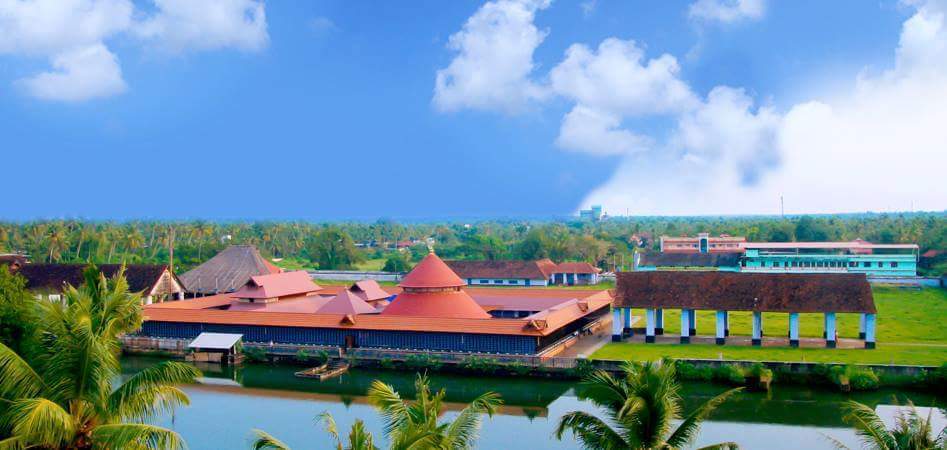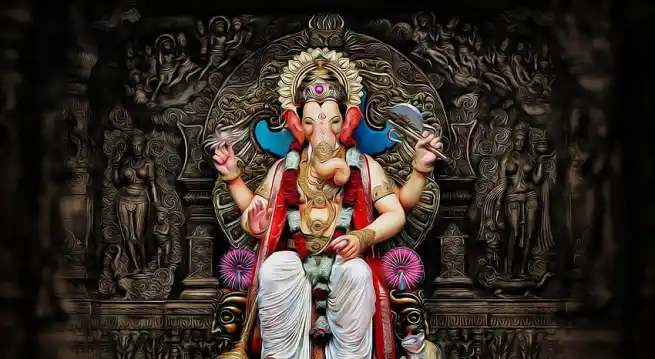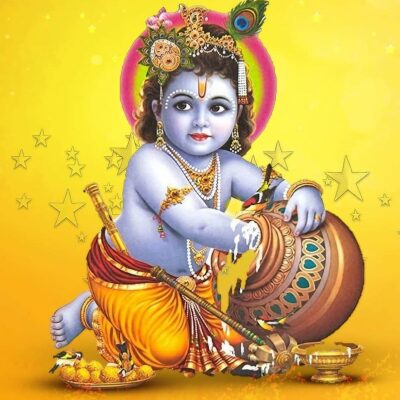Sri Koodalmanikyam Temple- Kerala

Address
Sri Koodalmanikyam Temple- Trissur District, Irinjalakuda, Kerala 680121
Deity
Koodalmanikyam (Bharata) Vishnu
Introduction
- Location:
- Situated in Irinjalakuda Municipality, Thrissur district, Kerala, India.
- Structure:
- Features a main temple structure, a walled compound with citadels, and four ponds (one inside the walls).
- Deity:
- Dedicated to Bharata, the third brother of Rama, but the idol is that of Lord Vishnu.
- Known as Sangameshwara (“the Lord of the Confluence”).
- Nalambalam Group:
- Part of the nalambalam set, which includes temples dedicated to the four brothers from the Ramayana: Rama, Bharata, Lakshmana, and Shatrughna.
- Administration:
- Managed by Thachudaya Kaimal (spiritual chief and temporal ruler), a lineage mentioned in the Skanda Purana.
Puranic Significance
- Historical References:
- Earliest mention in a stone inscription from 854 A.D. by Chera king Stanu Ravi Varman, who donated land to the temple.
- Additional land donations made by Cheraman Perumal Bhaskara Ravi Varma.
- Administration History:
- Initially under the Maharaja of Cochin, then managed by a Thachudaya Kaimal appointed by the Maharaja of Travancore.
- Taken over by the Government of Kerala in 1971, now managed by a government-appointed committee.
- Architecture:
- Built in typical Kerala architectural style with delicate carvings.
- Features an impressive eastern gopuram (gateway) and a circular sanctum sanctorum with a copper plate roof.
- Pilgrimage:
- Nalambala Darshanam: An annual pilgrimage to the four shrines, considered auspicious.
Special Features
- Ponds:
- Four ponds, with Kuttan Kulam (largest) outside the compound and Kulipini Theertham inside, believed to be sanctified by sage Kulipini.
- Ritual Practices:
- Three pujas daily, no siveli (processional rituals), and no usha or pantheeradi puja.
- Deity taken out for ceremonial procession only during the annual festival; no deepa-aradhana (lamp offering).
- Unique offerings: only lotus, tulasi, and thechi flowers, specifically lotus garlands with no less than 101 flowers.
Festivals
- Annual Festival:
- Lasts ten days in the month of Medam (April/May), beginning with the uthram asterism and the hoisting of a ceremonial flag.
- Features a seeveli (procession of caparisoned elephants) twice daily, accompanied by panchari melam (sacred music).
- Includes 17 elephants, with unique features: two baby elephants and seven elephants wearing golden headdresses.
- Final Days:
- Concludes with panchavadyam (music from an orchestra of five instruments) and ends on the thiruvonam asterism.
Century/Period/Age
854 A.D
Managed By
Travancore Devaswom Board.
Nearest Bus Station
Irinjalakuda
Nearest Railway Station
Thrissur
Nearest Airport
Kochi






